Pierre Jean Jouve Boeken
Pierre Jouve beleefde 'meerdere levens' gedurende zijn literaire carrière. Vóór de Eerste Wereldoorlog was hij een sleutelfiguur in de Unanimisme-beweging, die gericht was op het vastleggen van collectieve ervaringen. Tijdens de oorlog nam hij actief deel aan de pacifistische beweging, die vreedzame oplossingen bepleitte. Een diepgaande ommekeer vond plaats na 1921, onder invloed van zijn tweede vrouw, de psychoanalytica Blanche Reverchon, die hem introduceerde in psychoanalytische concepten. Jouve werd een van de eerste schrijvers die de impact van het onderbewustzijn op artistieke creatie onderzocht, wat blijkt uit zijn werken uit het midden van de jaren '20. Zijn poëzie en romans uit die periode doken diep in psychologische complexiteit en artistieke expressie. Later ontpopte Jouve zich als een stem van intellectuele weerstand tegen het nazisme, waarbij zijn apocalyptische poëzie diende als een krachtig protest. Hij onderhield voortdurend contact met een breed scala aan kunstenaars, schrijvers en denkers, en liet een nalatenschap achter die volgende generaties scheppers inspireerde.

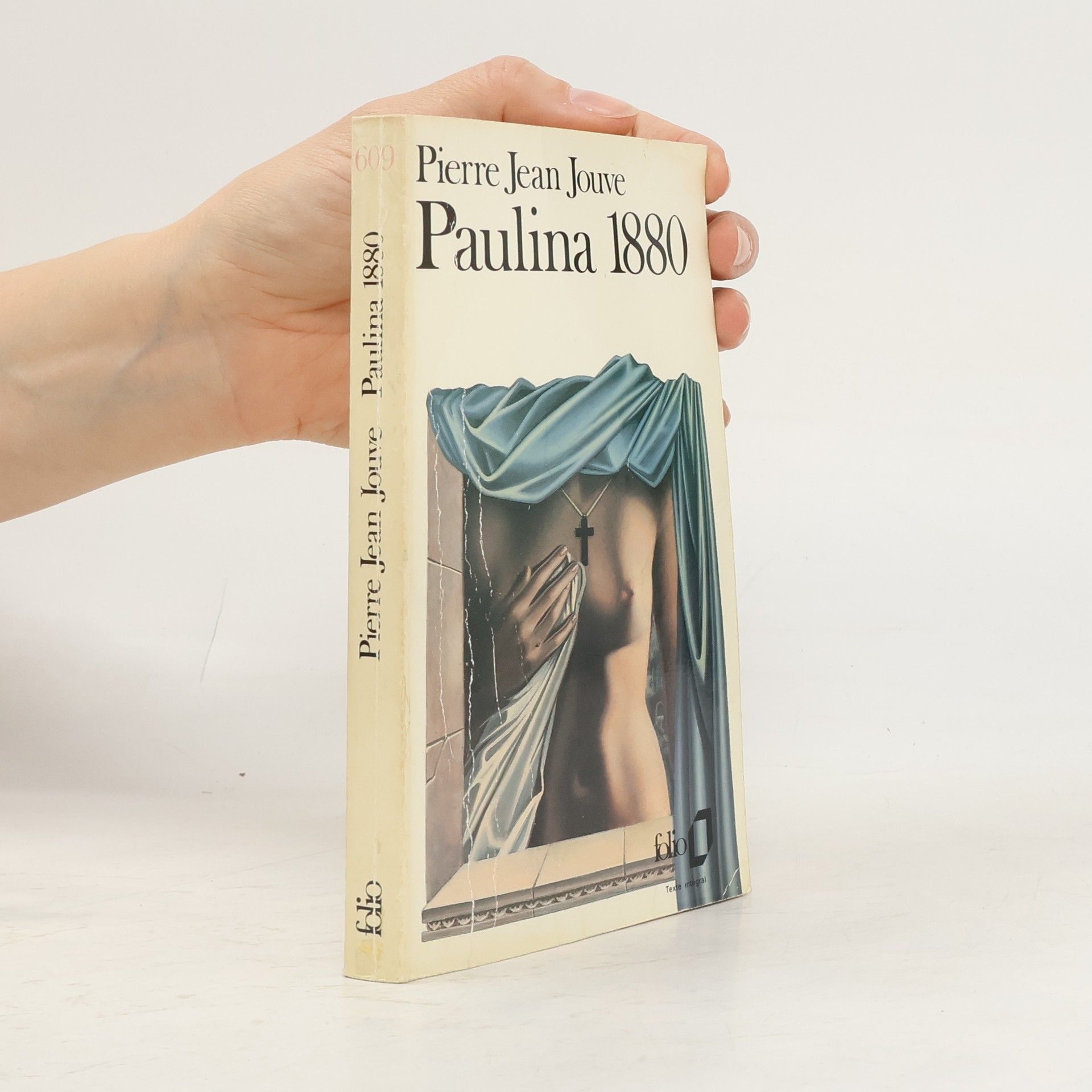
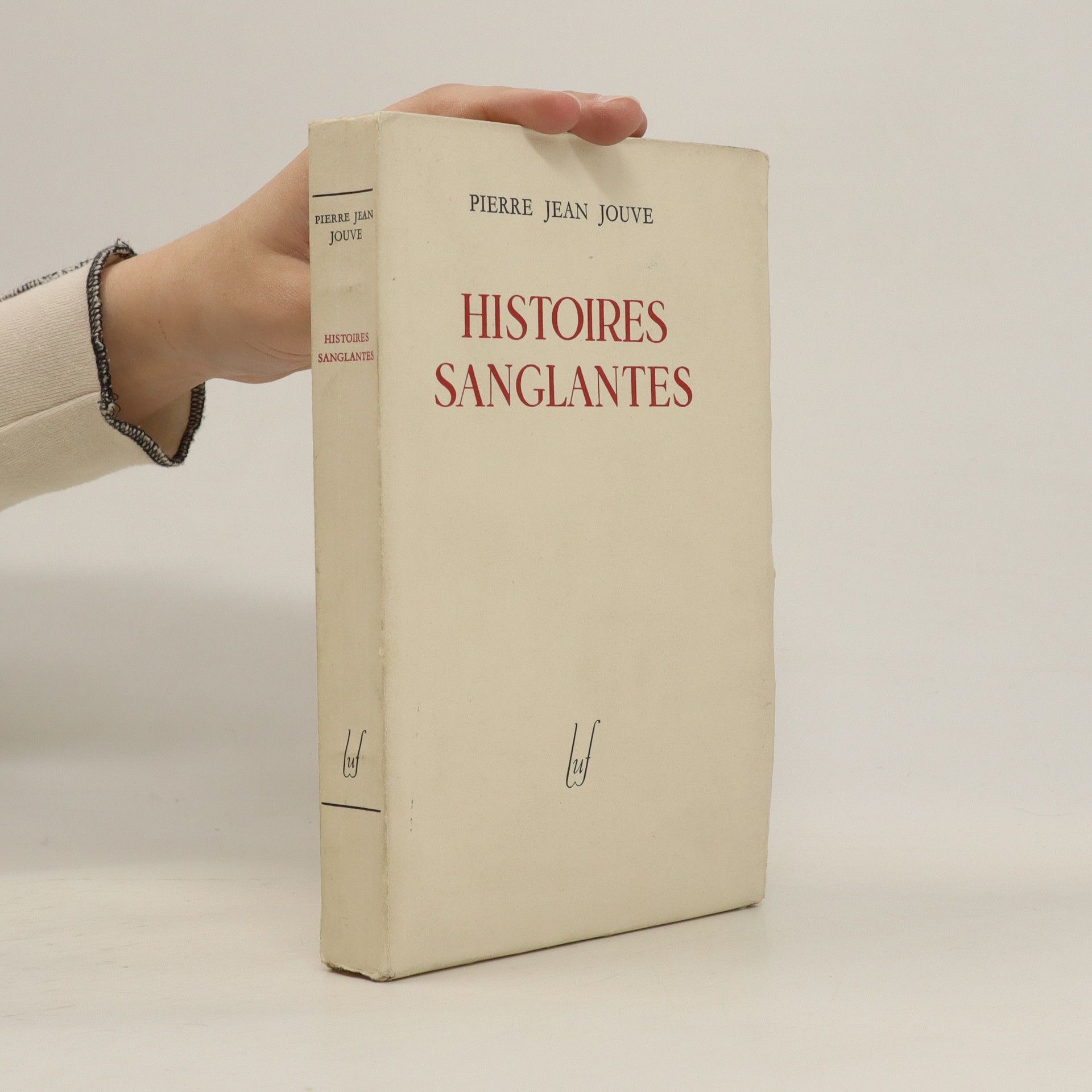
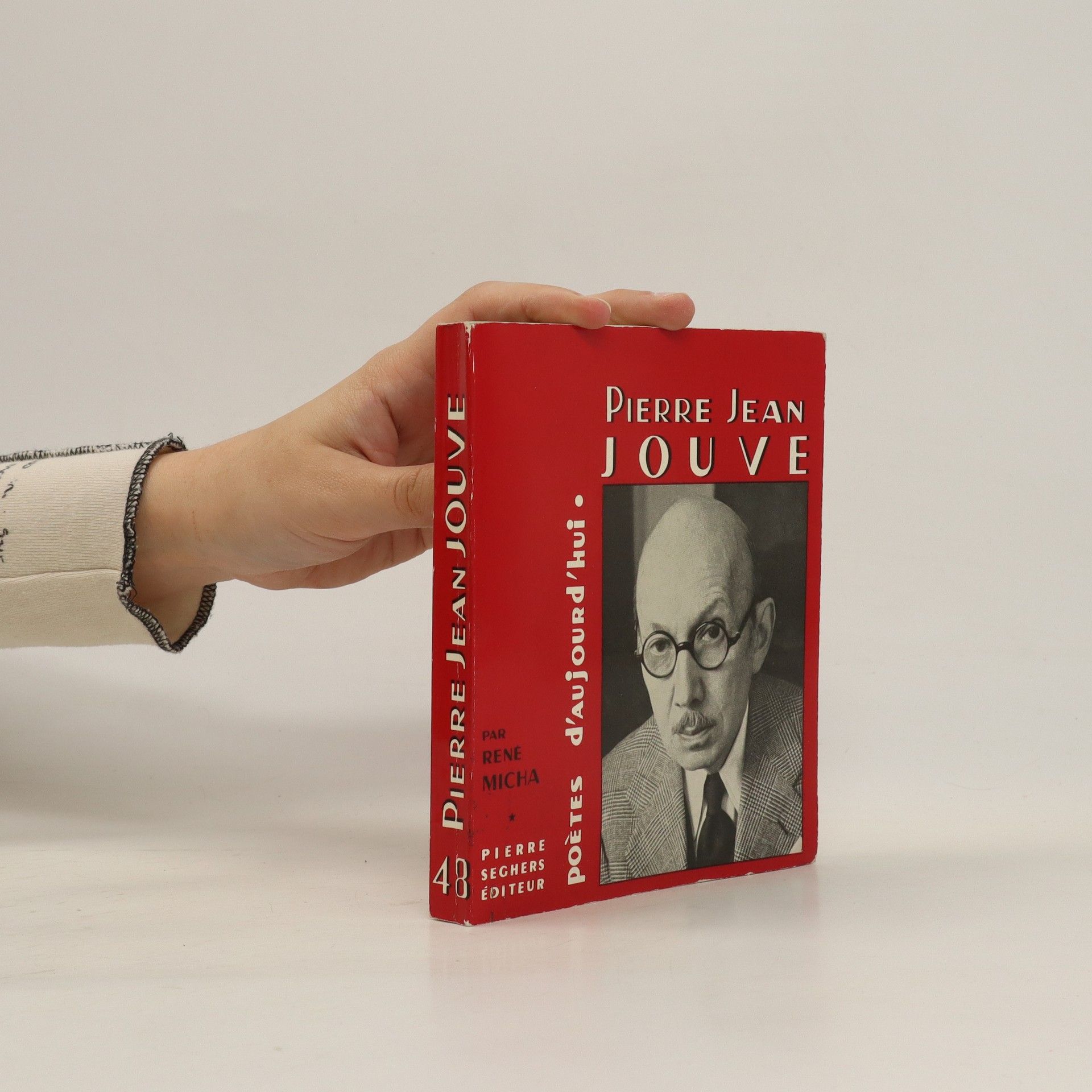
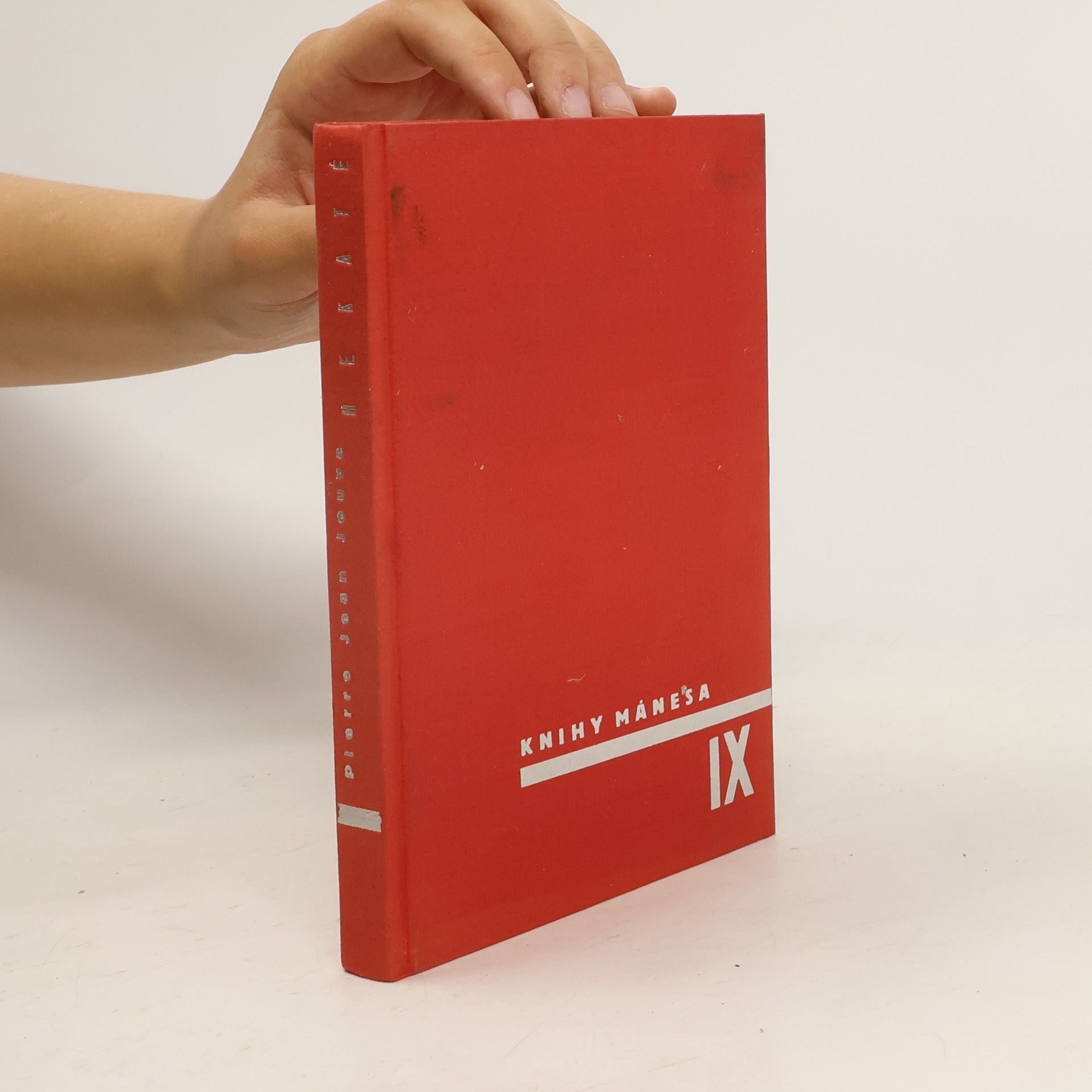
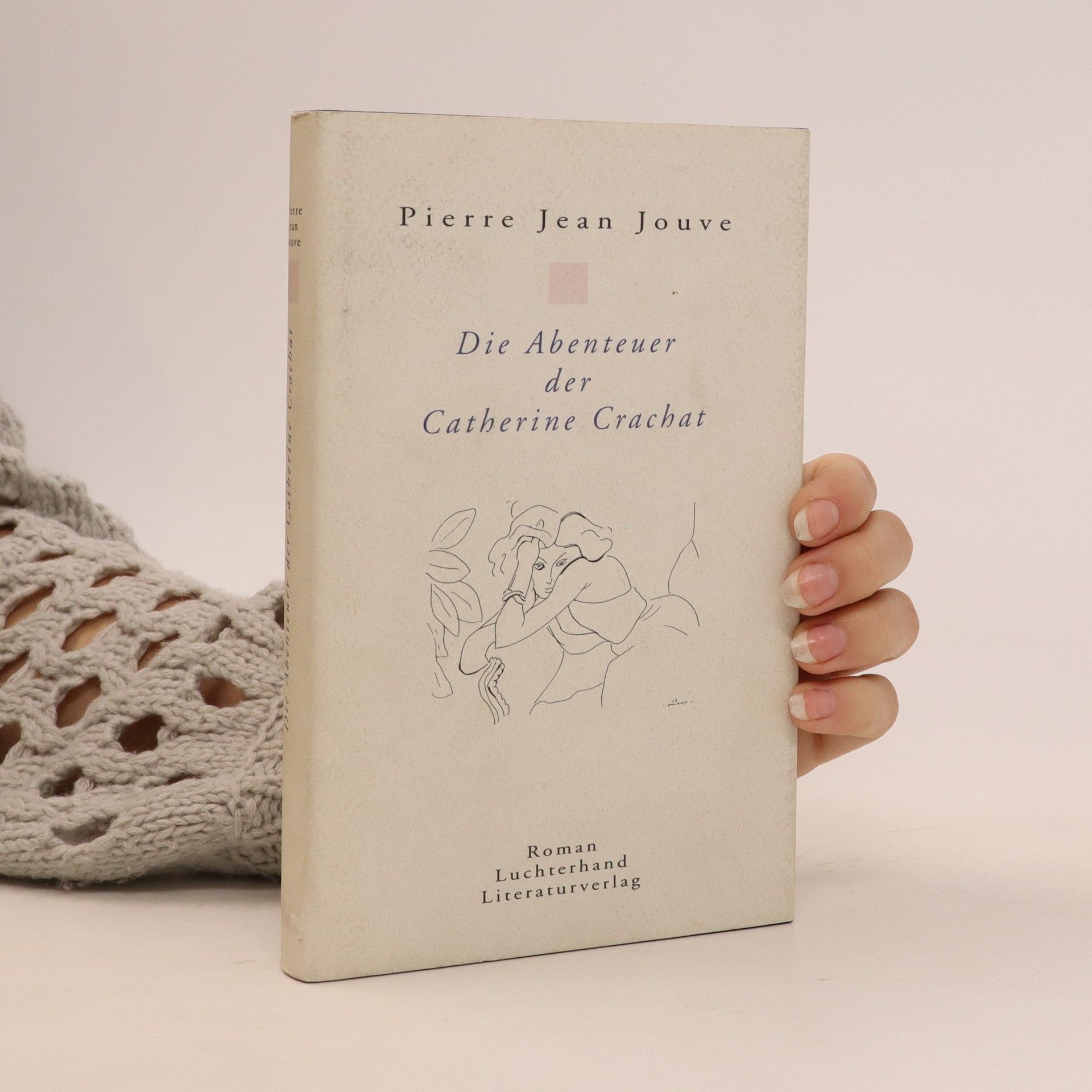
,,V tomto románu vylíčil Jouve svým básnicky jemným způsobem pohnutý příběh filmové herečky, krásného a nadaného stvoření a přece proklatého pouhým jménem rodovým, čímsi, zač člověk nemůže a co přece vrhá na jeho život věčný stín. Hrdinka románu jest nad to stržena do víru osudu ženy poznamenané tragikou zvrácených erotických sklonů, přinášející zhoubu a smrt tomu, koho miluje." (Zo sprievodného listu vydavateľa čitateľom.)
Paulina Pandolfini. Née à Milan le 14 juin 1849. Fille cadette de Mario Giuseppe Pandolfini et de Lucia Carolina son épouse. Célibataire sans profession. A séjourné comme novice dans le couvent de la Visitation à Mantoue de 1877 à 1879. A tué à Florence, le 28 août 1880, son amant le comte Michele Cantarini. Condamnée par jugement de la Cour de Florence en date du 12 avril 1881, à vingt-cinq années d'emprisonnement. A purgé sa peine dans la prison judiciaire de Turin jusqu'au 15 juin 1891, date à laquelle elle fut graciée.